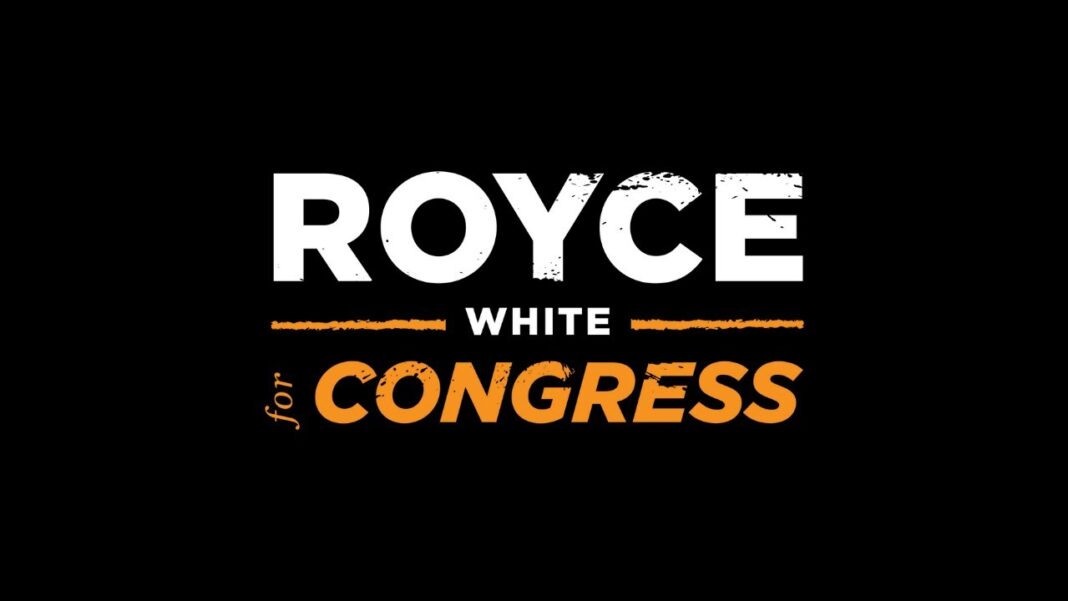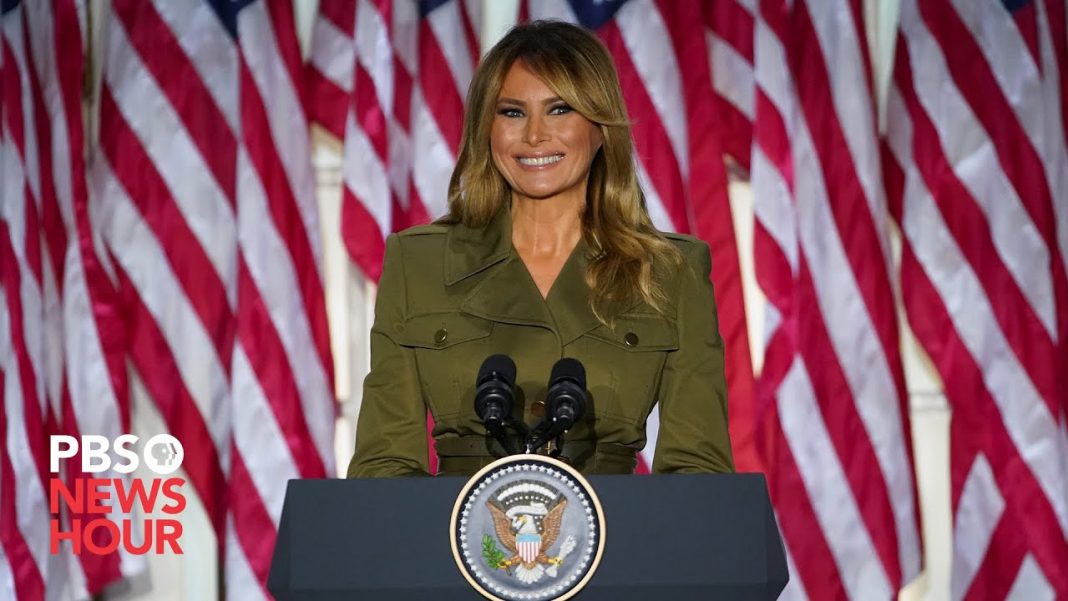Michael Pillsbury: Well, thank you very much for inviting me. I hope you don’t change your mind after 10 minutes. I agree with that Mike. the other Mike. that this is a, this is a debate about semantics. And the reason you should vote for us and walk through the right hand door over there, is that we have the better case about China.
The issue that, I want to compliment the lady, I don’t know your name, I’m sorry, but the question about you know what this come down to this cold war versus getting a little bit tougher on China. What President Trump’s been doing began with President Obama, and actually you were there. President Obama decided, in a number of areas, almost using the same words that President Trump did a couple of days ago, enough From China. So he indicted five Chinese military hackers and put their photos up online and talked about the unit that they were doing. The were hacking into our nuclear reactor company in Pittsburgh, to get a better market advantage to sell probably 100 nuclear reactors over the next few years.
He drew a line in some sense in the South China Sea and began, after a break for a few years, he began having our Navy conduct freedom of navigation operations, but in a tactful way, that President Trump has continued. These ships do not go in and circle, and go at night, turn on their weapons radar or launch helicopters. You do any of those five things inside Chinese waters, they could consider it an act of war. So President Obama didn’t do it, President Trump doesn’t do it.
In the trade issue, President Obama pioneered the way, by beginning to raise a lot of issues in the so-called TPP agreement that would focus on environment, labor, and many other things. What President Trump took from that, was that more pressure was needed. So when I hear you use the word semantics, which is correct, and for you to raise the issue what really is at stake here between the two teams. To me, new cold war is a trick. It’s a Chinese term. Whenever we, or other countries too, try to bring pressure on China, of any kind, this is what they say (speaks Chinese), you are screwing around with cold war mentality. Cold war mentality to the Chinese is anybody who puts pressure on them. It’s that simple. Both Arshan (Barzani) and Anastasia (Lin) said, I think correctly, China thinks the Cold War by the West began a long time ago, there are different years. One military film I love called Silent Contest (2013) in 2013, said the West is even using rock and roll music to overthrow the Chinese Communist Party. Other authors, in my book I tried to take this back, when did this demonization of the West begin? You know who they say was the first real cold warrior against China, Abraham Lincoln. So they would laugh at us having a debate here, whether we should start a new Cold War. Hey, it’s a hundred and fifty years of containment by you westerners.
Now, what’s really at issue is the degree of pressure to ratchet up on China. We know the business as usual doesn’t work. If you want to endorse business-as-usual, walk out the left side. If you want more pressure on China to get results, you got to walk out our side.
Let me give you some examples. All kinds of comments about tariffs will never work. The Chinese were laughing saying yes, yes tariffs will never work. They wouldn’t come to negotiating table. The first tariffs were put on, they showed up. Not much progress. They reneged on roughly half the agreement. Pressure went up another notch, a lot more tariffs. Guess what happened? A beautiful, what President Trump calls beautiful, trade agreement suddenly emerged from China. At which they promised no more intellectual theft, property theft, no more technology coercion, long list of things. It’s 96 pages long. The Chinese version is pretty accurate, actually. What cause that, pressure. So to me, and by the way I’m a cold warrior, you can get a medal for being in the Cold War, I actually got it. I was head of policy planning in the Pentagon in the middle of the Cold War under President Reagan, and yes there were some scary moments. And the Kennedy people would tell us even earlier in ’62, you think it’s scary now under Reagan, look what happened, we almost had basically nuclear winter and the elimination of all life on earth, except Herman Kahn said a few men and women will be under ground and they will populate the Earth again, in the Cuban Missile Crisis in ’62.
So the Cold War was scary, it was dangerous, it was 50 years, it’s not a good model for what to do with China for the next 50 years, but to vote against us means you want business as usual. What that really means is Chinese, what’s your we say, they like the word Bop, Chinese domination of technology Innovation, human rights issues, global governance, the redefinition of the values of the West, religious oppression, a rather long list that I think both sides agree on, both sides agree on Chinese misconduct. The issue is what to do about it? So, new cold war that leads to the extermination of all life on Earth, anybody for that? I don’t think so. A new cold war with a little bit more pressure. Why is that important, and Anna mentioned this, the Chinese Communist party next year celebrates its 100th anniversary. I don’t plan to go, maybe some of you do. If you’re a communist party member in China, there’s 92 million of them by the way, you got to learn the history of the party. The history of the Communist Party of China is a struggle between reformers and hardliners. They often kill each other at the very top. President of China kills vice president of China. House arrest for the communist party leader at the time of 10, on house arrest for the rest of his life. Wouldn’t it be interesting to know what these debates are about. The West is involved in them, sometimes directly. What to do about the West is what they fight about. So without using the word new Cold War, which is very provocative, it’s insulting. By the way in the old, bad soviet-american cold war, no American leader ever said to a Russian, we’re in the cold war with you. We had detente, we had summits, we had arms control agreements, we had some limited trade. But it wasn’t the end of the world to have strategic tension and rivalry.
So what President Trump’s been trying to do, he’s increased the amount of military exchange programs between us and the Chinese. Is that a bad thing, is that a new Cold War? The Chinese say it is. See these American officers are going to interact with our officers and turn them against the Communist Party. Our Embassy in Beijing, largest staff in the world, 2,300 people, officials working on China. 50 US government agencies are in China, now. Each one helping some counterpart in China. Is this a new Cold War? The Chinese say yes. These programs are designed to subvert us. So to me, new Cold War means we increase these programs. President Trump has a phone call once a month, at least, with his friend Xi Jinping, up to an hour. There was this kind of dialogue also in the Cold War. Reagan wrote letters to Brezhnev, and you know what, he answered them. So the end of the old bad cold war was what, the reformers in Russia took control. Gorbachev and then, even better, Yeltsin, won, and change that whole system. They even put the Soviet Communist party on trial in Moscow. For China, our help from the outside, without calling it a new Cold War, will help the reformers in China win, and that’s the kind of China we want. President Trump wrote a book this several years ago, and I’ll close with this, he called it There’s a Good China and a Bad China, and we want the good China.
About Michael Pillsbury
Michael Pillsbury is the director of the Center on Chinese Strategy at the Hudson Institute and has served in presidential administrations from Richard Nixon to Barack Obama. Educated at Stanford and Columbia Universities, he is a former analyst at the RAND Corporation and research fellow at Harvard and has served in senior positions in the Defense Department and on the staff of four U.S. Senate committees. He is a member of the Council on Foreign Relations and the International Institute for Strategic Studies. He lives in Washington, D.C.





